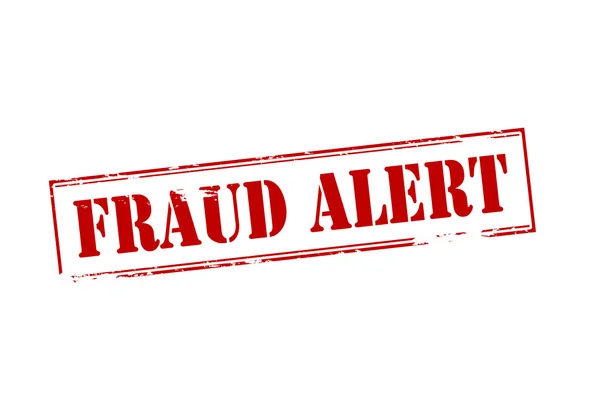Many perpetrators of investment fraud know how to push the right psychological buttons to entice their “marks” to buy worthless or nonexistent securities. You can mitigate the risks by asking a few questions, performing some research and consulting with trusted advisors.

BEWARE
Be alert for these common scams:
Pyramid and Ponzi. The con artist promises high returns, often in a short period, yet there’s no actual investment product. Instead, the scheme relies on continually recruiting new participants whose money is used to pay “returns” to earlier participants. As the scheme grows, it becomes increasingly difficult to attract enough new investors and pay old ones. Eventually it collapses and most participants lose everything.
Pump and dump. Fraudsters use false or misleading statements to recruit investors and boost the price of an obscure and usually low-priced stock. When the stock rises to a certain level, the crooks dump their shares and disappear. The stock price plummets, leaving investors with nearly worthless holdings.
Advance fee. Individuals holding a failed investment are targeted. A fraudster may offer, for example, to take a losing stock off your hands for an attractive price provided you pay an up-front fee. Once you pay the fee, the thief vanishes.
KNOW THE SIGNS
Be suspicious of investments that offer guaranteed returns or remarkably consistent returns even during turbulent times. Avoid unregistered securities sold by unlicensed individuals or investments that lack documentation (for example, a prospectus).
You can verify a professional’s credentials with the U.S. Securities and Exchange Commission (SEC), the Financial Industry Regulatory Authority (FINRA) and state securities agencies. If you’re tempted to invest with an unknown “broker” or buy an unfamiliar stock, FINRA’s website (finra.org) offers a variety of points to double-check before engaging in the transaction.
Most investments must be registered before they can be sold to the public, so plug the security’s name into the SEC’s EDGAR database (sec.gov/edgar.shtml). Keep in mind that registration alone doesn’t guarantee that an investment is legitimate or appropriate.
DEFUND!
Ultimately, the best defense against investment fraud is to work with financial advisors you know and trust. If you receive a “hot tip”, always run it by at least one trusted advisor before plunking down any money.
